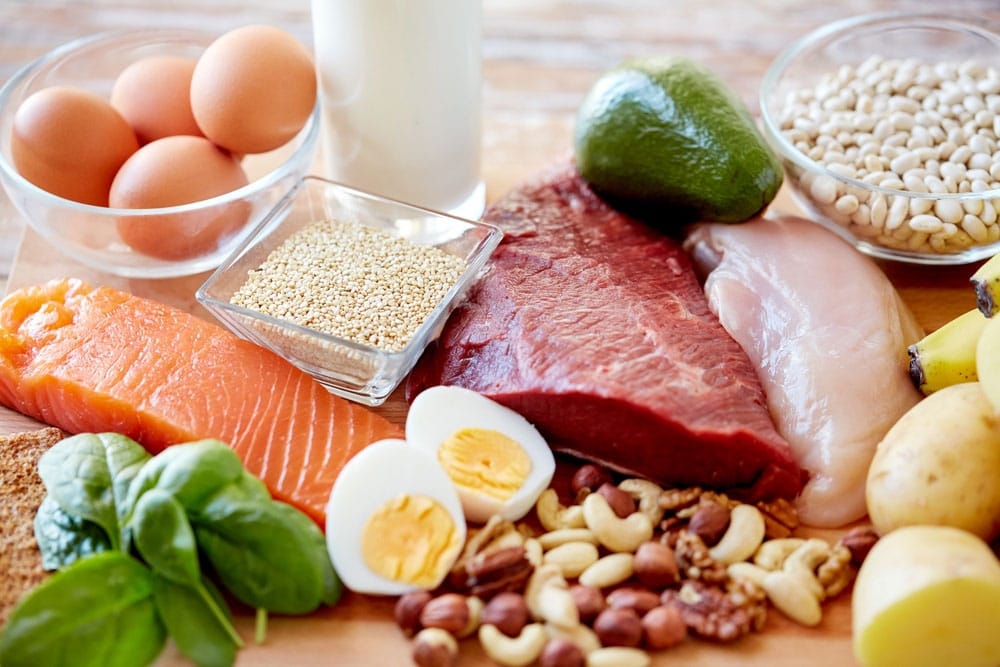If you have ever desired muscle growth, you may know all too well that putting on muscle mass is not as easy as it may seem. According to the National Academy of Sports Medicine, the gold standard in fitness credentials with best-in-class evidence-based programs in personal training, nutrition coaching, wellness, sports performance, and more, there are two main catalysts for muscle growth.
1) Stimulus for Muscle Growth via resistance training
2) Energy for Muscle Growth via protein and carbohydrate
The first main catalyst to grow muscle tissue is through resistance training which involves weight bearing exercises. Secondly, the energy required to grow this tissue comes from the food we consume in the form of calories. It is important to determine the amount of calories as it is different for each individual. A caloric surplus is necessary, meaning the individual will need to consume more calories than what is being expended each day. Research shows consuming too many calories will be converted to fat, yet consuming too little will not add muscle mass. Luckily, researchers have determined the optimal caloric surplus range is 350-500 kcals in addition to the calories needed to sustain your resting metabolic rate, activities of daily living, and physical activity. Based on the most up to date scientific literature, optimal protein and carbohydrate intake appears to be:
1) Protein: 1.6 – 2.2 g/kg per day
2) Carbohydrate: 4-7 g/kg per day

Carbohydrates are critical to pair with protein for muscle growth. In fact, lack of carbohydrates in the diet has been shown to impair muscle growth in some populations. In addition to those two main macronutrients, a robust micronutrient profile full of varying vitamins and minerals greatly contributes as well. These micronutrients help in the conversion process of food into energy for the body.
In conclusion, muscle growth requires a caloric surplus in the form of nutrient dense foods as well as a physical stimulus from resistance training. Researchers have also determined an optimal range of protein and carbohydrate to consume in order to see best results. By applying these tips, you will begin to see an increase in muscle mass.
Reference:
Dieter, Brad. “Meals for Gaining Muscle: The Right Nutrition for Muscle Growth”. The National
Academy of Sports Medicine, 2022. https://blog.nasm.org/recipes-for-gaining-muscle.

